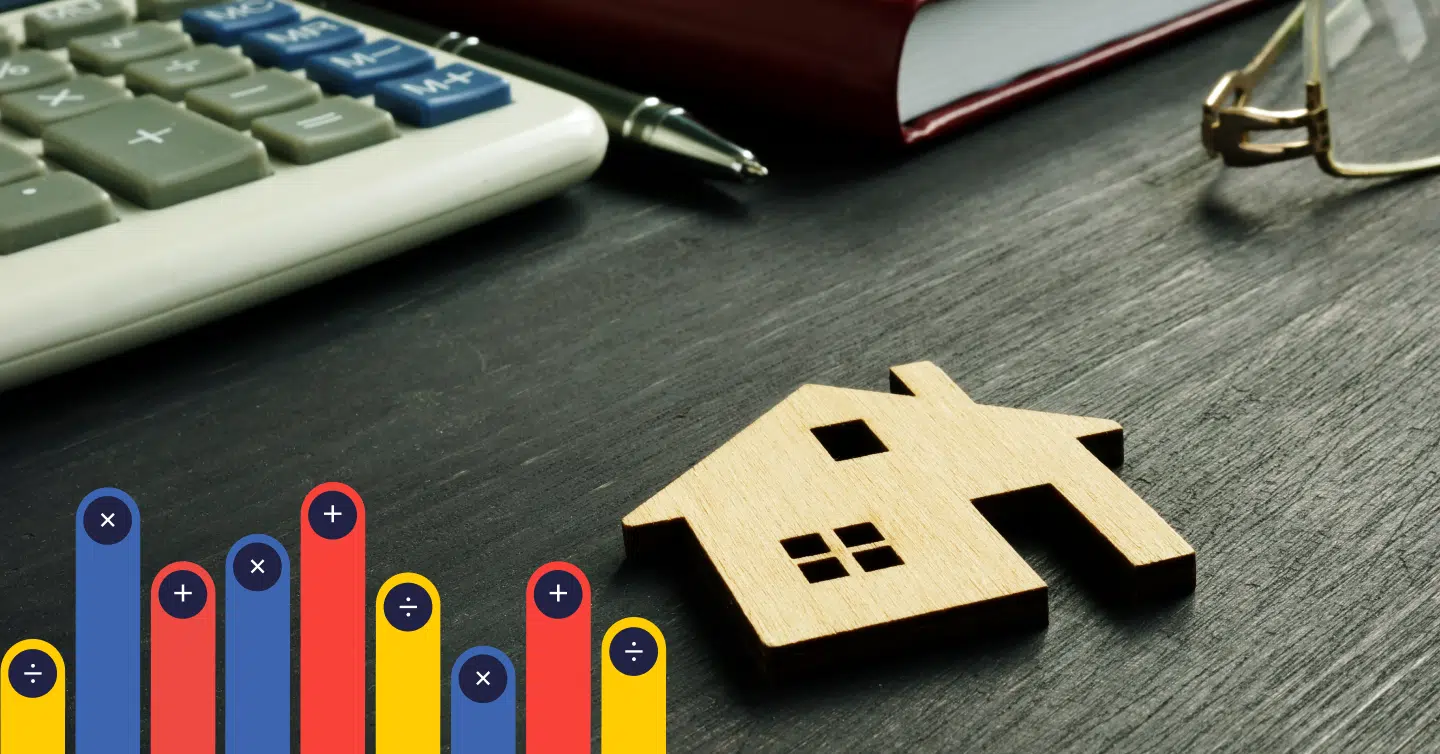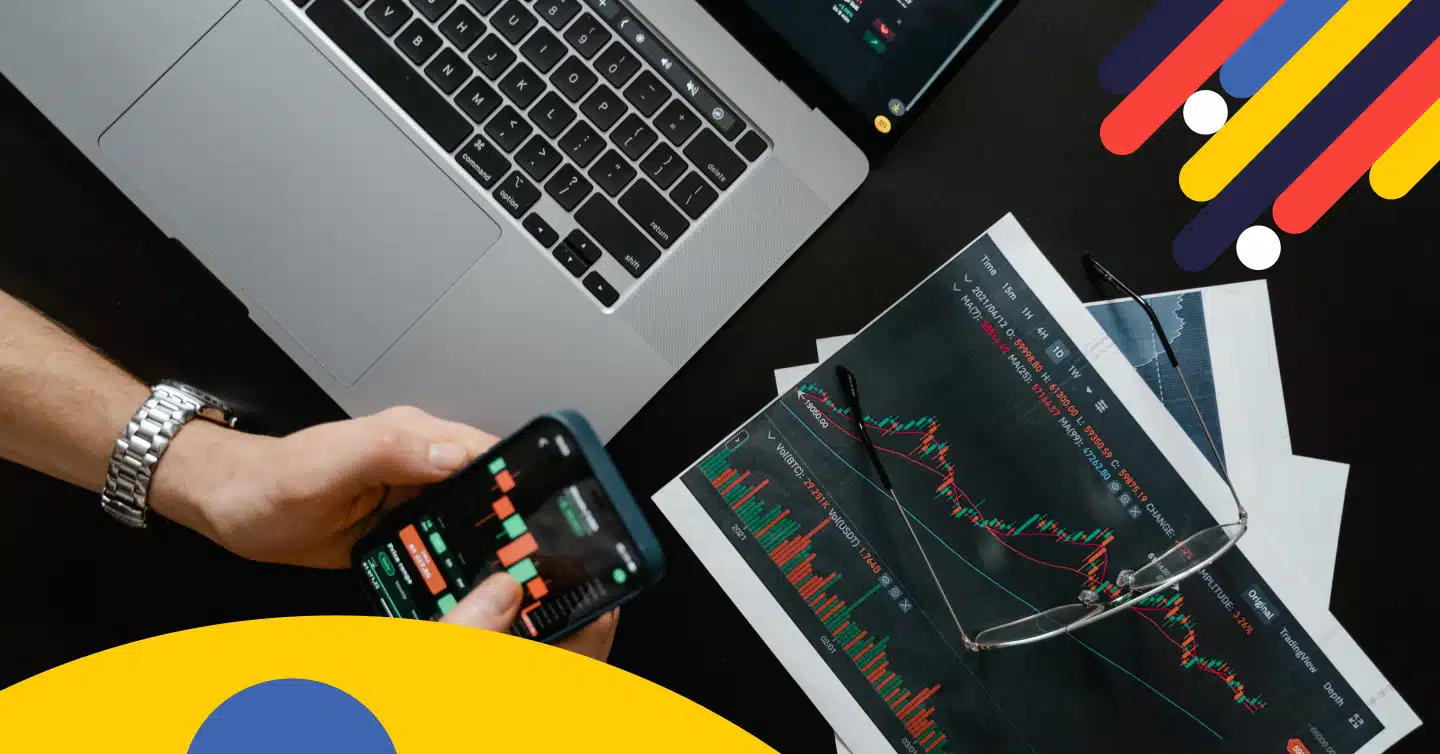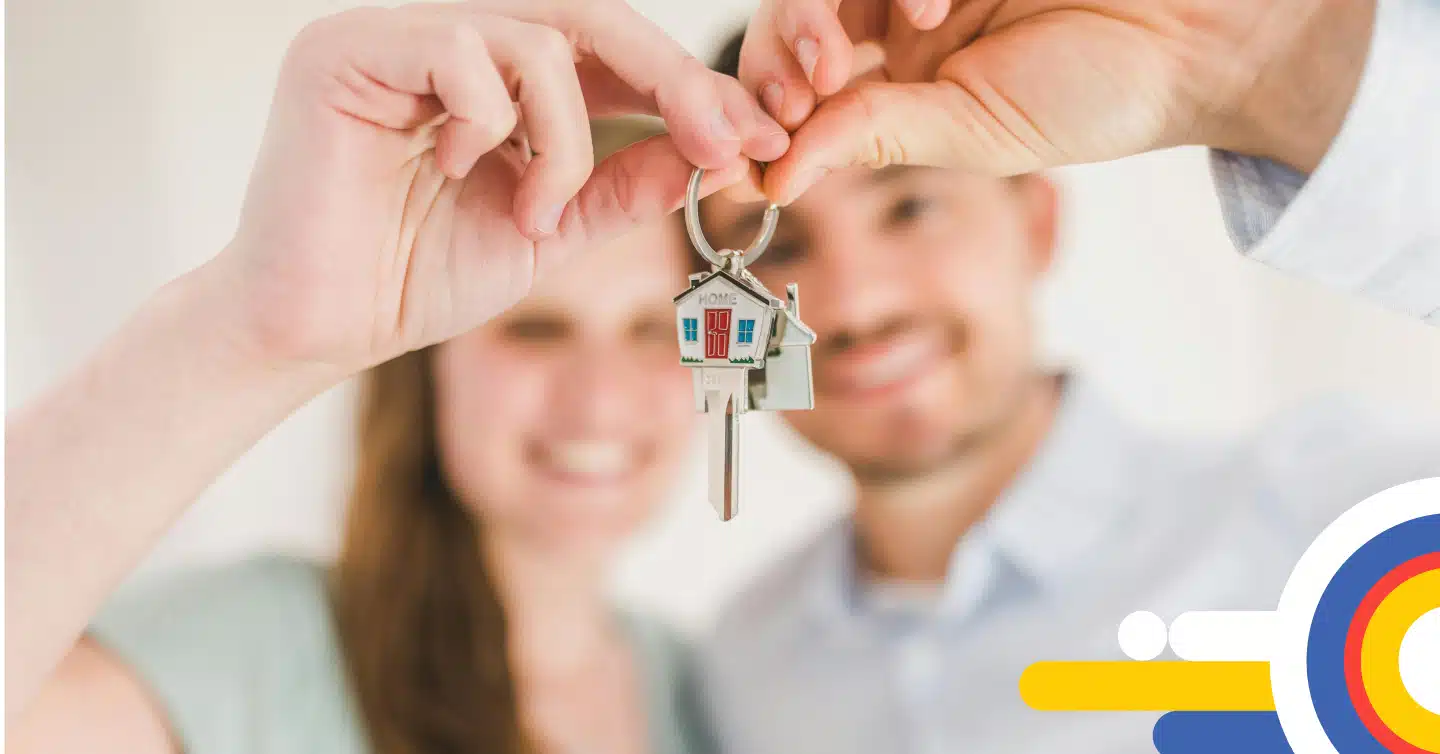What are the Hidden and Unexpected Costs of Home Buying?

Table of contents
Article written by Kate Anderson – Big City Realty
Yes, a home may be a significant asset and a stepping stone to a more secure financial future. However, first-time home buyers might be surprised by how much homeownership might cost them financially. Beyond the regular mortgage payments, there are several more unexpected costs of home buying. Some of the unavoidable hidden costs are commonplace, while the stress will surely be increased by the inconsistent and unpredictable nature of others. Half of the battle is won by being organized and informed of the details of those costs. And to help you overcome this challenge, listed below you can find the list of top hidden home buying costs. Let’s dive right into those.
What are the Unexpected Costs of Home Buying?
Home Appraisal Fee
An appraisal evaluates the current market worth of the home you want to purchase. The lender will be able to verify that the mortgage you are looking for is for the correct amount thanks to this. In Canada, the price of a home evaluation could range from $275 to $500.
Nevertheless, the cost may differ according to the kind of house you’re buying and where it is. If the lenders are receptive to waiving the appraisal charge, you can ask them. In any case consulting with your real estate broker is the right way to go with this.
Home Inspection Fee
The cost of a home inspection may reach $1,000. This, however, pales in comparison to the potential cost of repairs after you have purchased the home. Consequently, it makes sense to spend money on a pre-sale inspection of the property before you make your final decision.
The shape and size of the house may affect the inspection costs. Before approving your application, your mortgage lender could in some circumstances ask you to do a house inspection. They merely want to make sure that you receive an amount that is equal to the value of the house and nothing more. Additionally, the stability of your new home’s structure will guarantee the security of the lender’s investment.
The following aspects are often covered during the home inspection process:
- Electrical equipment
- Heating and cooling equipment
- Walls, flooring, and ceilings with plumbing
- Roof
- Basement
- The home’s exterior architecture
Home Buyer’s Fees
Originally this was known as the first-time homebuyer’s tax credit (HBTC). For first-time homebuyers, this tax benefit is non-refundable. Using a tax credit of 15% in 2020, a home buyer may receive $750.
Property taxes
By applying a little effort, you may be able to prevent this inconvenience. Sometimes the former owners will sell the house while still owing taxes and utilities bills. In this scenario, you will need to pay off all debt in order to start again as a new homeowner.
On the other hand, you might be required to reimburse the former owners for any taxes and utility costs they incurred after the closure. Adjustments refer to things like hydro, water, and property taxes. The goal is to guarantee that both the new and former owners only pay for the time they really owned the house.
Moving Costs
Moving your belongings is a necessary expense when purchasing a new house in another city or province. However, the price varies according to the distance and volume of the move. Either do it yourself or call a moving company. In either case, you’ll have to pay for this.
You can potentially save a fair amount of money by moving alone. Use free boxes from work, find a cheap truck, or ask relatives and friends for any extras. To reduce costs, you could also ask them to assist you with packing.
Closing Costs
You’ll be responsible for covering any required closing expenses when the time finally arrives to close on your new property. Some of these expenses were mentioned earlier, and if you haven’t paid them by closure, you will do so then. Closing expenses may consist of:
- Appraisal charges
- Fees paid to the escrow agent for closings or escrows
- First-year coverage for homeowners insurance
- Origination costs for loans
- Home loan points
- Fee for a pest inspection
- First six months’ worth of real estate taxes
Although closing expenses might vary substantially, plan between 3 and 5 percent of the mortgage amount. When you do this, you’ll have one less unexpected costs of home buying.
Unexpected Costs of Home Buying Outside Your Home
- Trash: You may be required to pay a trash fee in some parts of the city. It may occasionally be included in your property tax (which gets bundled in with your mortgage payment). If not, you’ll have to use the town dump or a private trash/recycling service. This is just another important additional cost to consider when buying a house.
- Curb appeal: Are you happy with how your new home appears from the street? Excellent; you will still have to pay to maintain the status quo. If you have planted flowers, you may need to replace them or add extra mulch each season.
- The exterior of your house: Now that it looks nice, how recently was the house painted? For wood, a decent, carefully applied paint job ought to last you approximately 5-7 years, and for stucco, about 10. If your home has vinyl siding, you don’t need to bother about painting it, but you may want to power wash it once or twice a decade.
Home Costs: Inside Your Home
- Flooring: You were happy to find hardwood floors in the house you moved into. To reduce noise and provide some relaxation for your feet, you’ll probably still need some area rugs. Even though it’s likely that the carpets you had in your previous house or apartment would fit in this one, you would still need to acquire some new ones to fit the size of the rooms. Those are all additional costs when buying a house that you should keep in mind.
- Security system: It’s crucial to feel secure in your new residence. Your home might already have a hardwired security system, so if you decide to use it, you’ll be responsible for the monthly monitoring price. Or you might choose a system with a range of price alternatives, like Ring. Even if you already have a camera system, adding more rooms may necessitate some new purchases.
- Emergency costs: Things will fail to work or break accidentally. Your water heater, an AC unit, and a water pipe. There is a fee whether you only need to repair it or completely replace it. It will be a huge comfort to have an emergency fund to offer your finances some breathing room when, not if, it occurs. Furthermore, it will occur on the most inconvenient day imaginable, so you’ll at least be relieved that you have money set aside to pay for it.
Frequently Asked Questions (FAQ)
What is one example of an unexpected cost of home buying?
All of the above mentioned costs associated with buying a house are examples of this. So make sure to save the list to make things easier for you when moving into your new place.
What are two unexpected costs of home buying you may face?
Prepaid property taxes, closing costs, and your down payment are potentially the most important upfront, yet often unexpected costs of home buying.
What do closing costs include?
Your property type and where you live are two important criteria that will affect how much your closing expenses will total. In general, it’s advisable to set aside between 1.5 percent and 4 percent of the home’s purchase price for closing costs.
Consequently, closing expenses for a $400,000 home will be an extra $6,000 to $16,000. Closing costs must be taken into account when making an offer and calculating your down payment because this is a sizable figure.
Common closing costs in Canada include the following:
- Home inspection
- Property appraisal
- Property survey
- Title insurance
- Property insurance
- Land transfer tax
- Property taxes, utilities and condo fees
- Legal fees and disbursements
Final Thoughts
In the thrill of making what is undoubtedly one of the biggest purchases you will ever make, it’s easy to forget about all the other costs related to purchasing a house. And they might soon add up to a sizable sum that will have an effect on the purchase price you can afford for the property.
So, make sure to double-check our list of hidden costs associated with buying a home, before moving on with a certain property.
Ready to get started?
In just a few clicks, you can see our current rates. Then apply for your mortgage online in minutes!















